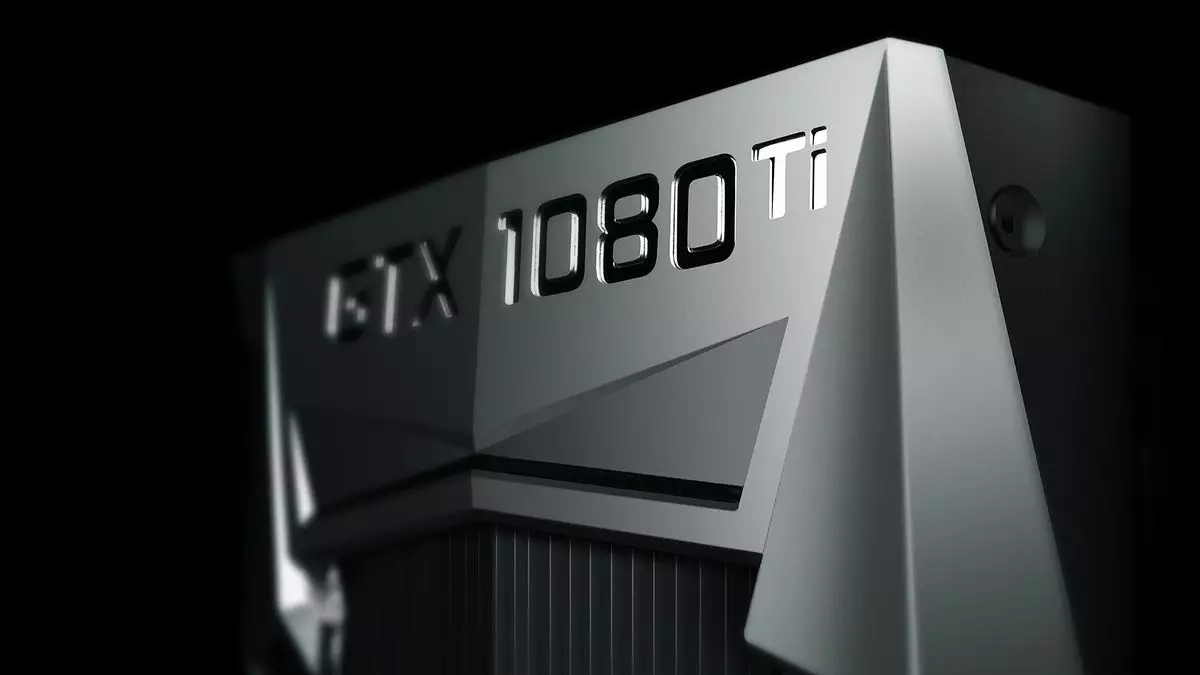The ongoing evolution of technology often leaves legacy hardware and software in the shadow of advancements. Recently highlighted by Tom’s Hardware, Nvidia’s CUDA Toolkit update has sparked discussions in the gaming community regarding the impending deprecation of support for its Maxwell and Pascal architectures, which include the popular GTX 9 and 10-series graphics cards. Understanding the implications of this decision is crucial for a variety of stakeholders—from everyday gamers to industry professionals reliant on these technologies for programming and application development.
Firstly, it is essential to grasp why the Maxwell and Pascal architectures hold a prominent place in the hearts of PC gamers. Released in the mid-2010s, the GTX 970, 980 Ti, and GTX 1060 were not just popular; they transformed the landscape of graphical performance in gaming. Their cost-to-performance ratios offered a baseline for gaming enthusiasts that balanced affordability and capability, making high-quality gaming accessible to a larger audience. Take, for example, the GTX 1060, which, remarkably, has sustained its position as the most commonly used GPU as recently as March 2022, despite debuting six years earlier.
It’s almost nostalgic for many of us who remember the excitement these models brought during their launch periods. They provided a gateway to modern gaming experiences and arguably ushered in a golden age of PC gaming, where graphics became increasingly enticing and immersive.
The latest CUDA Toolkit update, specifically noted in version 12.8, confirms that support for the Maxwell and Pascal architectures will soon reach a standstill. The patch notes categorically illustrate that “Architecture support for Maxwell, Pascal, and Volta is considered feature-complete and will be frozen in an upcoming release.” This essentially means that there will be no further development or enhancements for these architectures, though driver updates are still being provided.
However, the bigger question lingers: how long can users expect driver support post-deprecation? Historically, Nvidia’s treatment of previous architectures suggests a pattern. The Kepler architecture, which included the GTX 7-series, saw its CUDA support start to dwindle in late 2019, effectively ceasing driver updates by August 2021. This timeline indicates that users could anticipate a similar duration of support for the GTX 9 and 10-series cards. Given that Maxwell cards, such as the GTX 970, still find utility in modern gaming contexts—like meeting minimum specs for contemporary titles—it’s plausible for Nvidia to extend driver support into 2026 and beyond, echoing the extended lifecycle they provided for Kepler.
In an era dominated by cutting-edge technologies, including powerful AI-driven graphics cards, the continued relevance of older models raises an interesting dichotomy. The GTX 980 Ti, for instance, retains a unique place as one of the last high-performance consumer cards featuring an analogue DVI port—a detail that attracts niche enthusiasts and CRT monitor fans. This community showcases the notion that older hardware can still perform adequately and might serve specific needs even amid newer advancements.
Moreover, the gaming landscape’s heterogeneous nature highlights the value of providing continued support for older hardware. Many gamers still leverage these cards effectively by adjusting their visual settings or opting for less demanding titles, thereby showcasing that there’s “mileage” left in these systems despite the relentless march toward newer technology.
As Nvidia paves the way for more advanced technologies, the decision to deprecate the Maxwell and Pascal architecture may leave many users in uncertainty. However, the historical context of support timelines gives a glimpse into what can be expected for the future. For gamers and professionals alike, the need to adapt to the shifting technological landscape is imperative, yet the fond memories and performance capabilities of these aging architectures will not soon be forgotten. As always, staying informed will be key to navigating this factual landscape; thus, keeping a pulse on both tech news and the gaming community remains of utmost importance.


Leave a Reply